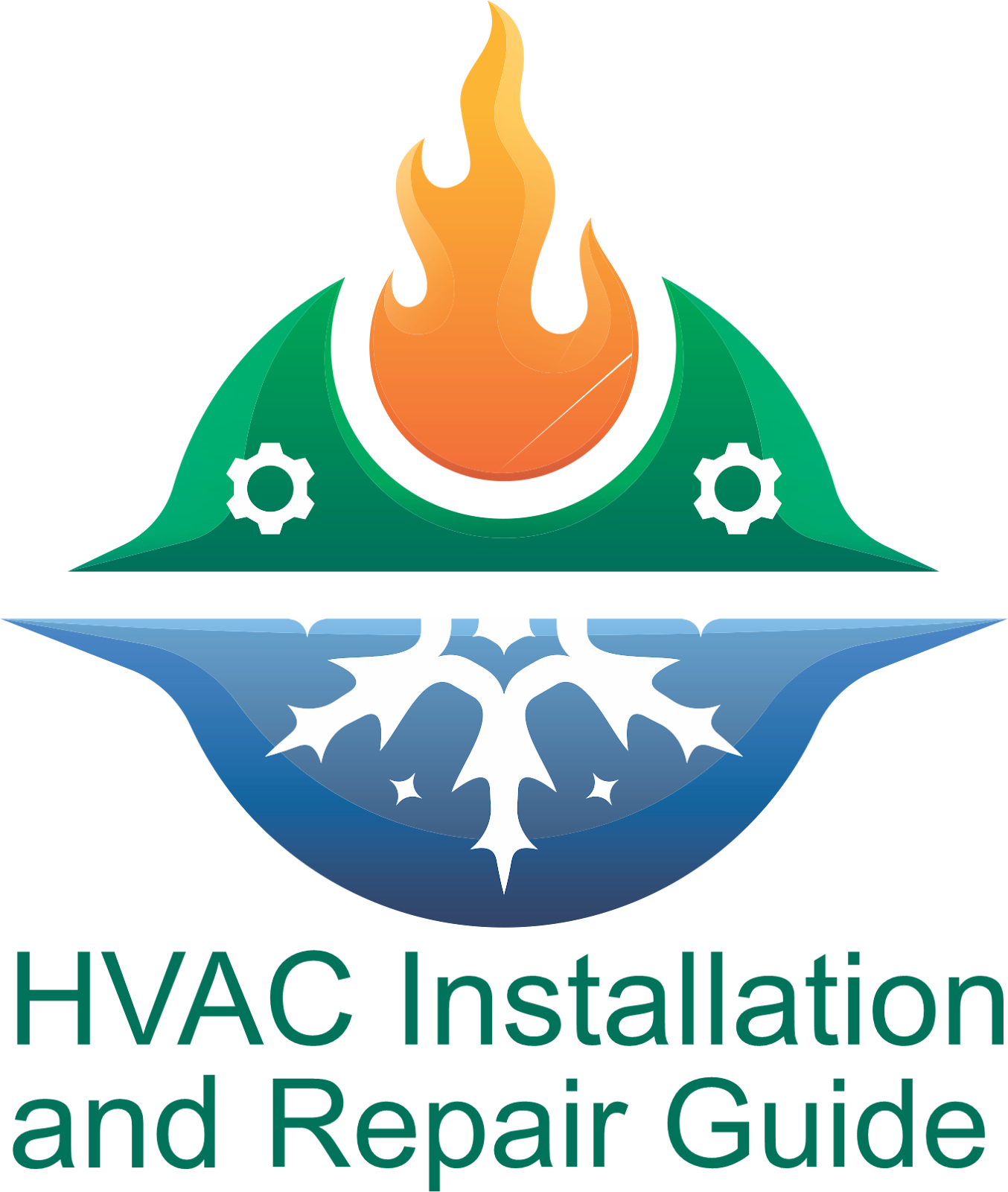Can I Run My Air Conditioner on Solar Power?
It's no secret that solar energy is popular these days. Homeowners want to lower their carbon footprint and save money on energy costs, and clean, renewable energy promises to do just that. How about using solar panels to power an air conditioner?
You can, in short, be the answer! Depending on the size of your solar array and your home's electricity requirements, you can use solar energy exclusively to power your air conditioner. Solar panels are a guaranteed annual energy savings investment, even if you only use them to augment your power source.
The Basic Setup for Running an AC Unit with Solar Panels
Strategically placing an inverter, a battery, and the solar panels themselves is necessary when installing solar panels to power your air conditioner. An inverter is required to make this conversion possible because solar panels produce direct current (DC) power while your air conditioner uses alternating current (AC).
Selecting an Appropriate System
Selecting the best solar-powered air conditioning system for your requirements is essential, and there are plenty of options available. These are a few choices:
1. A Grid-Based System
Your solar panels are installed with an inverter next to your current air conditioning unit when you remain grid-connected. Since everything is linked to the municipal power source, you won't need a battery at first, which will save you money.
However, installing a battery is an optional feature if you want to use solar power at night. Just keep in mind that, even with a battery, grid-tied solar panels are inoperable during a blackout. It would be risky for the utility workers and the wiring in your house to let them use the power when the grid is down.
2. An Unconnected System
If you're seeking total independence, an off-grid system is ideal. Installing solar batteries will allow you to use electricity at night and on overcast days. However, off-grid installations are usually limited to vacation homes and recreational vehicles because they are less dependable than on-grid setups.
3. Air Conditioners Run by Solar Power
DC systems are directly connected to your solar panels, making them perfect for off-grid usage. Battery operation is an option. Conversely, if solar energy is insufficient, alternating current air conditioners can operate on grid power thanks to the converter they require. Then, based on energy production and the electrical requirements of your home, hybrid units switch between the grid and the solar array.
Considerations Before Using Solar Power to Run an Air Conditioner
Adopting solar-powered air conditioning is a wise financial decision in addition to being environmentally beneficial. Before making your choice, though, it's crucial to take a few things into account.
1. Initial Investment
Solar panels and solar-powered air conditioners require an upfront investment. A complete solar panel array usually offers a quicker return on investment than a solar-powered air conditioner, so be sure to balance this against long-term savings. Additionally, because panels are more flexible, you can use clean energy to power other appliances.
Additionally, solar panels can be eligible for the federal tax credit for solar energy systems, which would lower the upfront cost of your purchase. The benefit is slated to taper down starting in 2033, but until then, you can enjoy a 30% tax credit on new solar panels installed in residential settings.
2. Geographical Location
Hot southern climates require more air conditioning, but solar panels in these regions tend to generate more power thanks to the long, sunny days. If you live in a cloudier region, your solar panels will harvest less energy, but your cooling demands may also be lower.
3. AC Unit Size
Your AC's tonnage determines its power consumption, affecting how much solar power you need to run it. Larger homes often need more air conditioning and consume more power in other ways, potentially forcing you to install more panels.
How Many Solar Panels Does It Take to Run an AC Unit?
Determining the number of solar panels you need depends on the parameters described above, plus area positioning, solar panel type, and total efficiency. The average household air conditioner uses around 3,500 watts, and a typical solar panel generates 250 watts. In this case, 14 panels would be required to run the air conditioner.
Installers of solar arrays naturally size them to offset the energy demand of the entire house, not just the air conditioner. Therefore, these factors also influence the precise number of panels you require if you also intend to power electrical appliances, gadgets, and lights that operate on different circuits.

